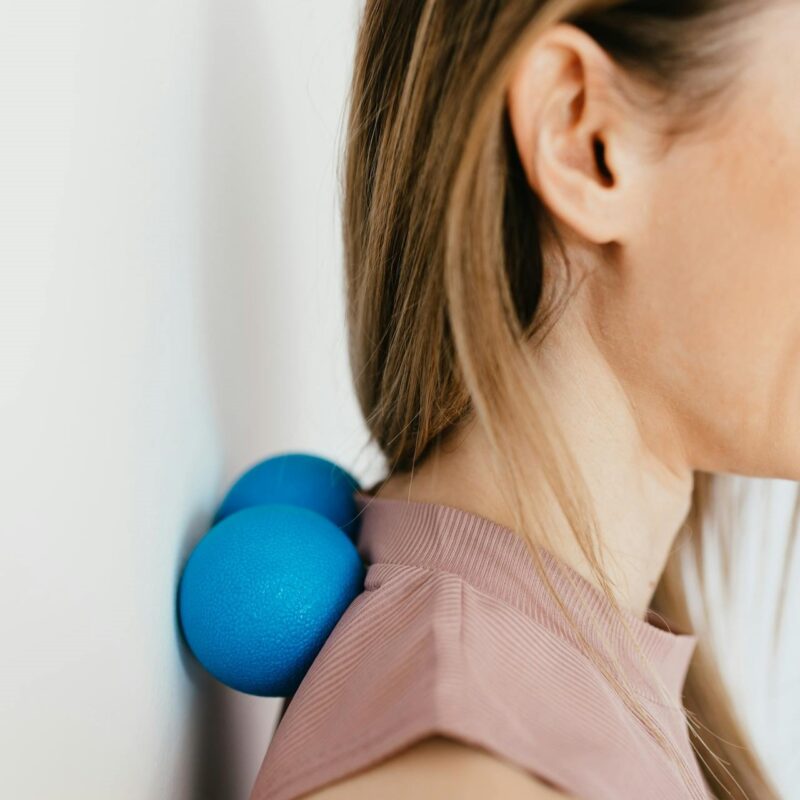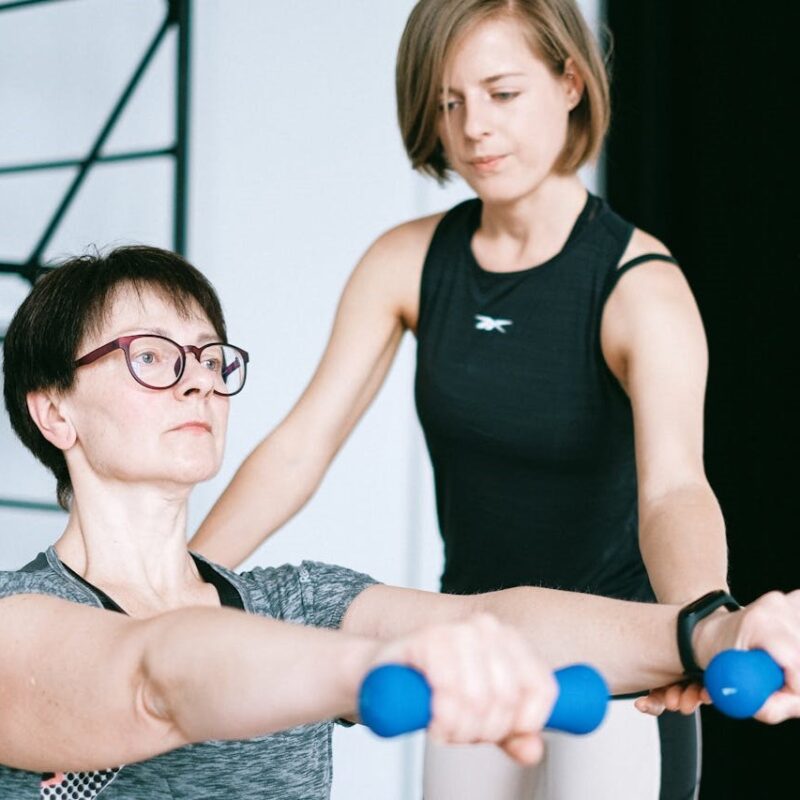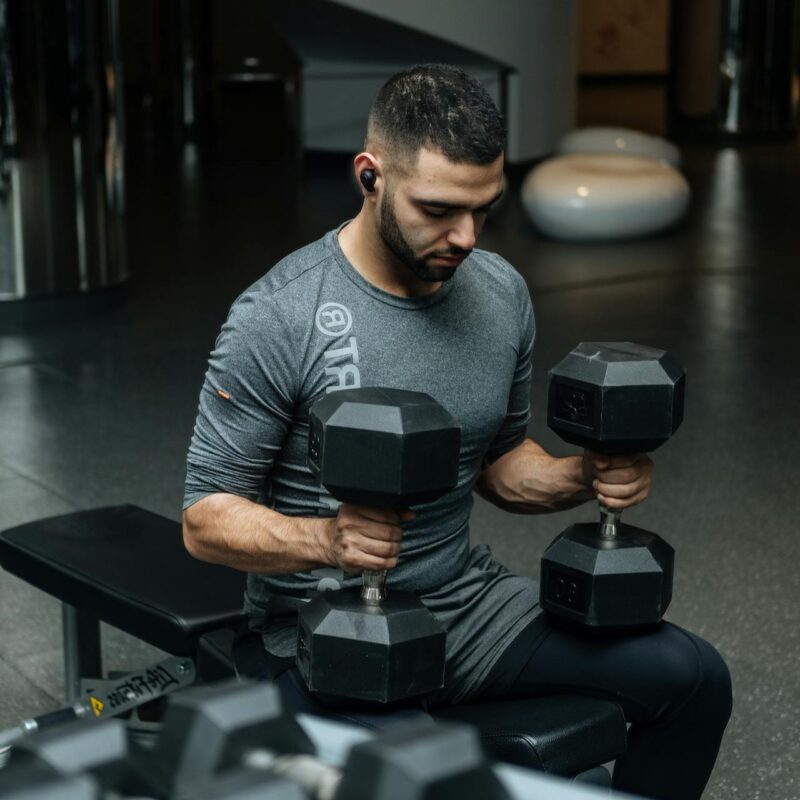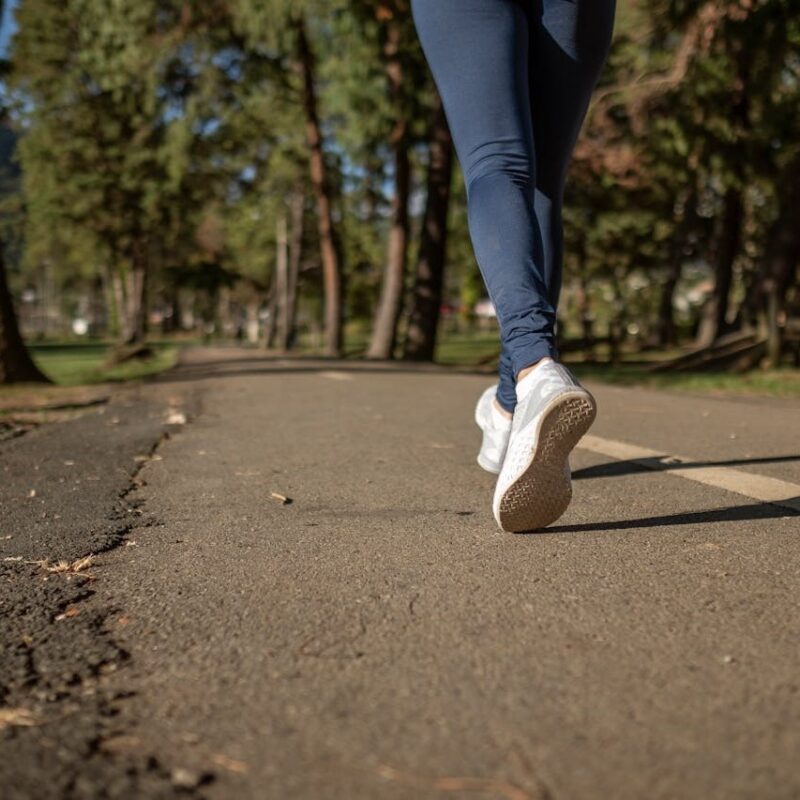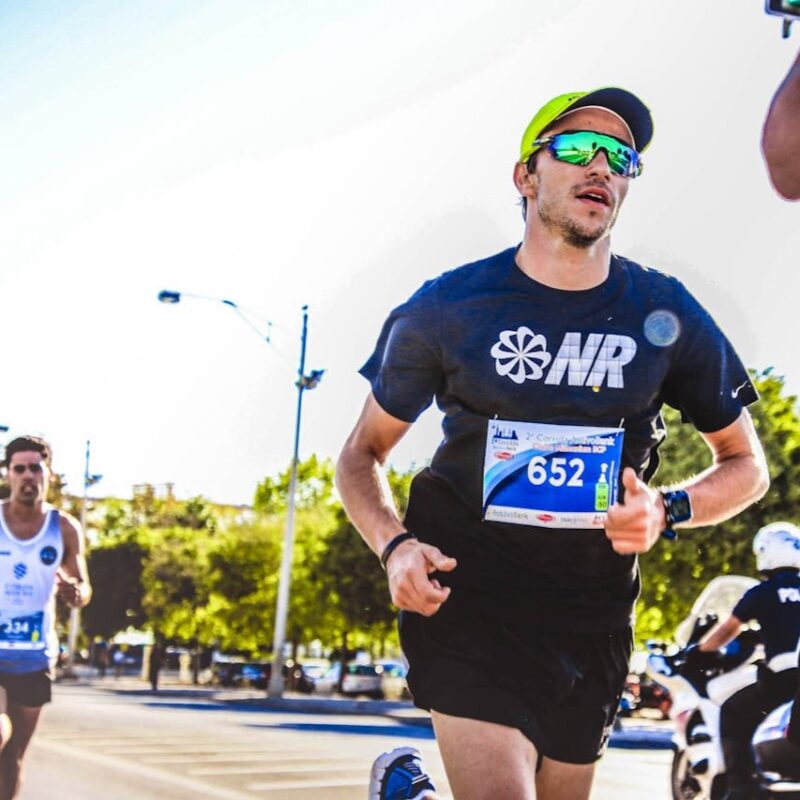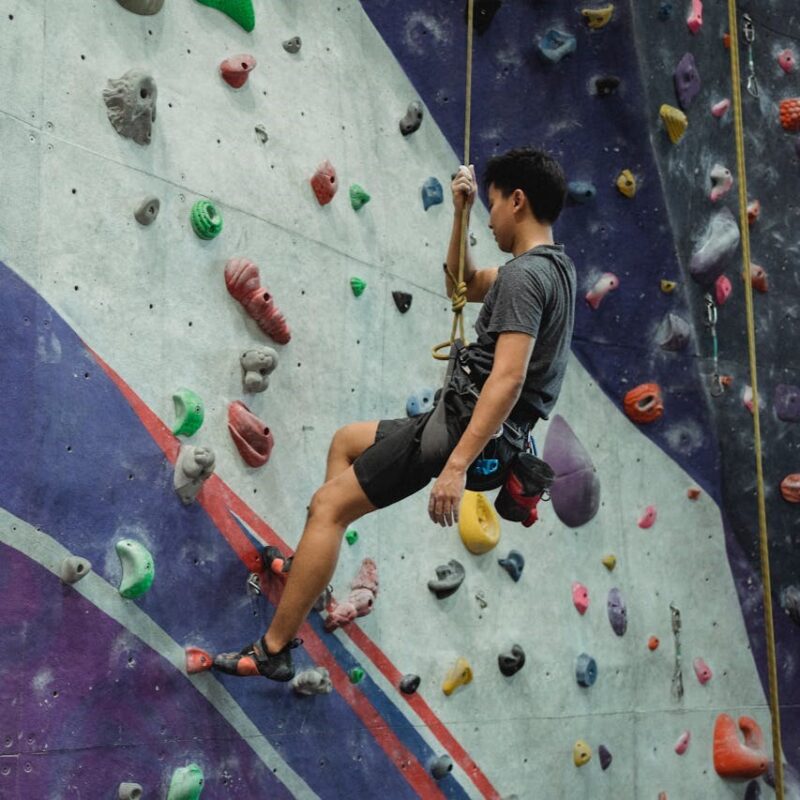
Blog
Tips For Working Out In Ramadan

While the month of Ramadan is a time to nourish our souls and establish a connection with our creator, Muslims aren’t asked to neglect their physical fitness during these days, and therefore, we should have a workout plan for Ramadan.
Still, maintaining a healthy lifestyle can be difficult for most of us during this holy month.
If you’re looking for some great tips for working out in Ramadan, we have a whole list planned for you.
So, let’s get started and fuel your workouts during Ramadan!
1. Plan your workouts

The key to staying fit is to make a workout plan for Ramadan and follow the schedule consistently.
You cannot just randomly get up any time and start exercising. As we’re already fasting during Ramadan and our energy levels are low, a proper workout schedule will help us stay in shape without getting tired.
As there is no “one approach fits all” strategy in this case, you can plan yours according to what suits you best. However, make sure that it is similar to your regular workout routine or less than that. Don’t try to overdo exercise during Ramadan.
2. Start low and go slow

By this phrase, we mean that it’s better to start with less exercise initially. It’s because you need to understand whether your body can bear this or not. If you’re already fasting, your energy levels are low. In this case, doing extreme workouts can cause problems.
So, you should start with less simple exercises during the initial days of Ramadan. Some examples are swimming, weightlifting, yoga, and stretching.
Once your body gets used to this in the fasting state, you can move towards more exercise. Still, it’s better to limit extreme workouts during Ramadan.
Remember, be gentle with yourself. Don’t feel guilty for doing less exercise. Only do the exercise your body can handle.
3. Find the right time to exercise
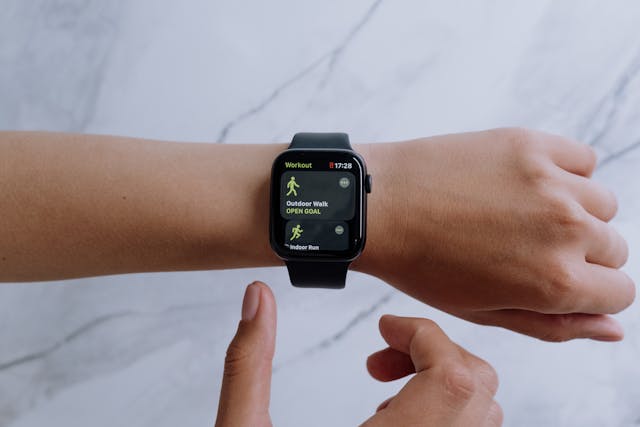
The right time to exercise during Ramadan will differ, and you need to find out what time works best for you.
Some people like to workout after Suhoor, while others say they exercise before Iftar. Any time can be the right time, as long as it suits you.
Exercising before Iftar is often suitable for people because you’ll eat and drink right after exercise, preventing your body from getting deprived of food and water. However, some have very low energy levels at this time, and exercising isn’t a good idea for them.
Before Suhoor is also a good time as you’ll be fresh for Suhoor and be able to eat better.
Right after the workout, a protein shake will hype you up! Here’s a good option!
4. Stay hydrated

Staying hydrated is the key to a healthy body. Especially when you’re exercising during Ramadan or running during hot days, your body needs enough water.
So, you should drink plenty of water during the non-fasting state, which includes after Iftar and before Suhoor. You can also eat more fruits as they contain more water content to keep you healthy and hydrated during the day. These include apples, watermelons, oranges, etc.
5. Eat energy-rich foods

Modifying your Suhoor to say goodbye to oily parathas and welcoming an energy-rich diet will help you go a long way with your fitness routine.
Your Suhoor and Iftar should include foods with all the essential vitamins and nutrients like carbs, fats, and protein. While you can get all these from protein shakes, relying on them alone isn’t a good idea.
To stay healthy and get enough energy for workouts during Ramadan, make sure you have enough calories in your diet to be consumed while exercising.
6. Limit cardio

As we mentioned before, it’s best to be gentle with yourself and limit cardio. Thus, it’s not necessary to include cardio in your workout plan for Ramadan.
It’s good if you’re doing strength training and extreme workouts. But in Ramadan, your body already has low energy levels, and it’s best not to put too much pressure on yourself.
During this time, we suggest limiting your cardio to once or twice a week. However, the right number of times will be different, and you should determine how much exercise your body can handle without hurting you later.
As your body is already dehydrated while fasting, cardio can make you exhausted. Remember, severe dehydration can pose health issues. So, light walks, jogs, and cardio will be suitable options to prevent exhaustion later.
The best time for cardio is before Suhoor, as you can still eat and drink water during this time if you need to. Cardio after Iftar is also a good option because your body has been refueled by this time.
7. Don’t workout in high temperatures
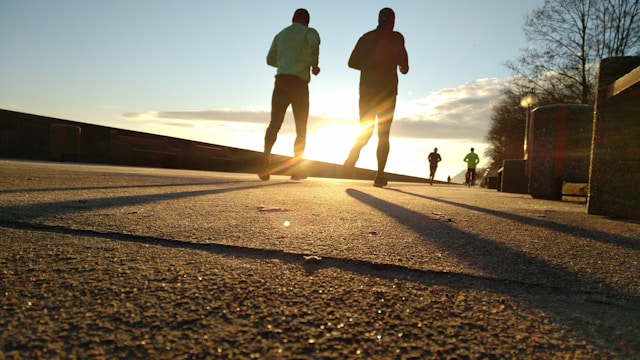
Even if you’re running or jogging during Ramadan, it’s better to avoid running in high temperatures. It is because we usually sweat while running and exercising, and doing this during hot weather will make us dehydrated. If continued, dehydration can cause severe health issues.
As we cannot drink water while fasting, it’s better to prevent dehydration. In such cases, you can exercise inside the gym while making sure you don’t sweat much. Otherwise, you can run and jog during non-fasting times, when you can drink water to keep yourself hydrated.
8. It’s fine to increase your rest days
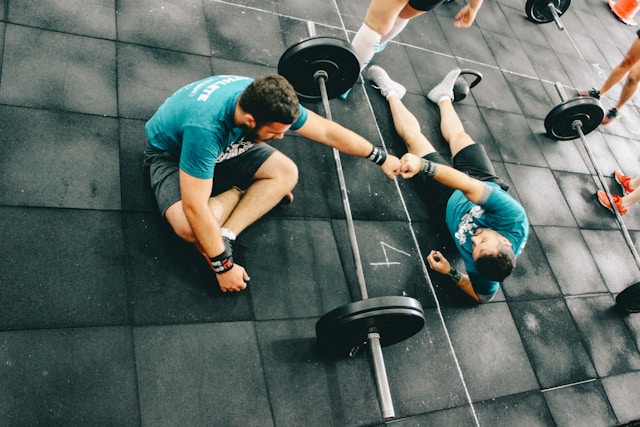
As we mentioned before, you need to keep yourself active and fit during Ramadan. The main goal isn’t to build strong muscles and get the perfect body. During these days, you might not feel the energy to get up every day and exercise.
So, don’t be harsh on yourself, and even if you don’t feel like working out, it’s completely fine to take some rest. Even if these rest days are increasing in Ramadan compared to normal days, that’s fine, too.
Still, we recommend exercising and not skipping too many days. If you don’t have that much energy, try to pick yourself up and do a little exercise, like 10 minutes a day. This will keep your body used to exercise, and each day won’t become a rest day.
After Ramadan, you can change your workout routine and get yourself back to normal.
9. Incorporate more stretching exercises

To prevent muscle soreness, stretching exercises are of great help.
So, even if you exercise less during Ramadan, we recommend stretching before and after exercise.
Including such exercises in your daily workout routine is another great way of staying fit and active during Ramadan while not putting too much pressure on your body.
Take-away message
With our tips for your workout plan for Ramadan, you can ensure a healthy and fit body while focusing on your deen as well.
The thing is, you shouldn’t necessarily aim for biceps and muscles during this month as your eating habits have already changed. The focus should be on staying active and maintaining your weight.
Still, remember that altering your workout routine and doing less exercise isn’t a concerning issue. For some time, taking more rest and doing less exercise can be fine, too.


